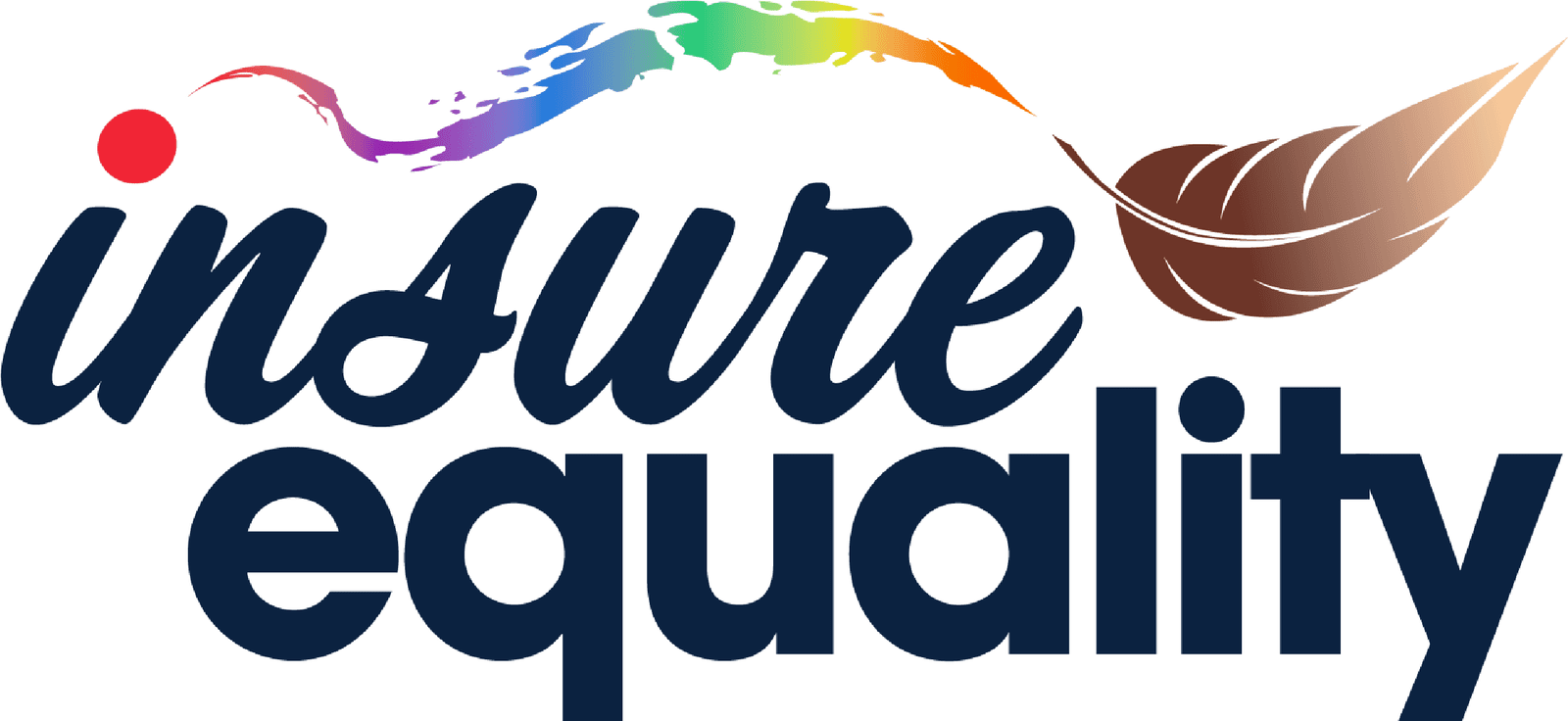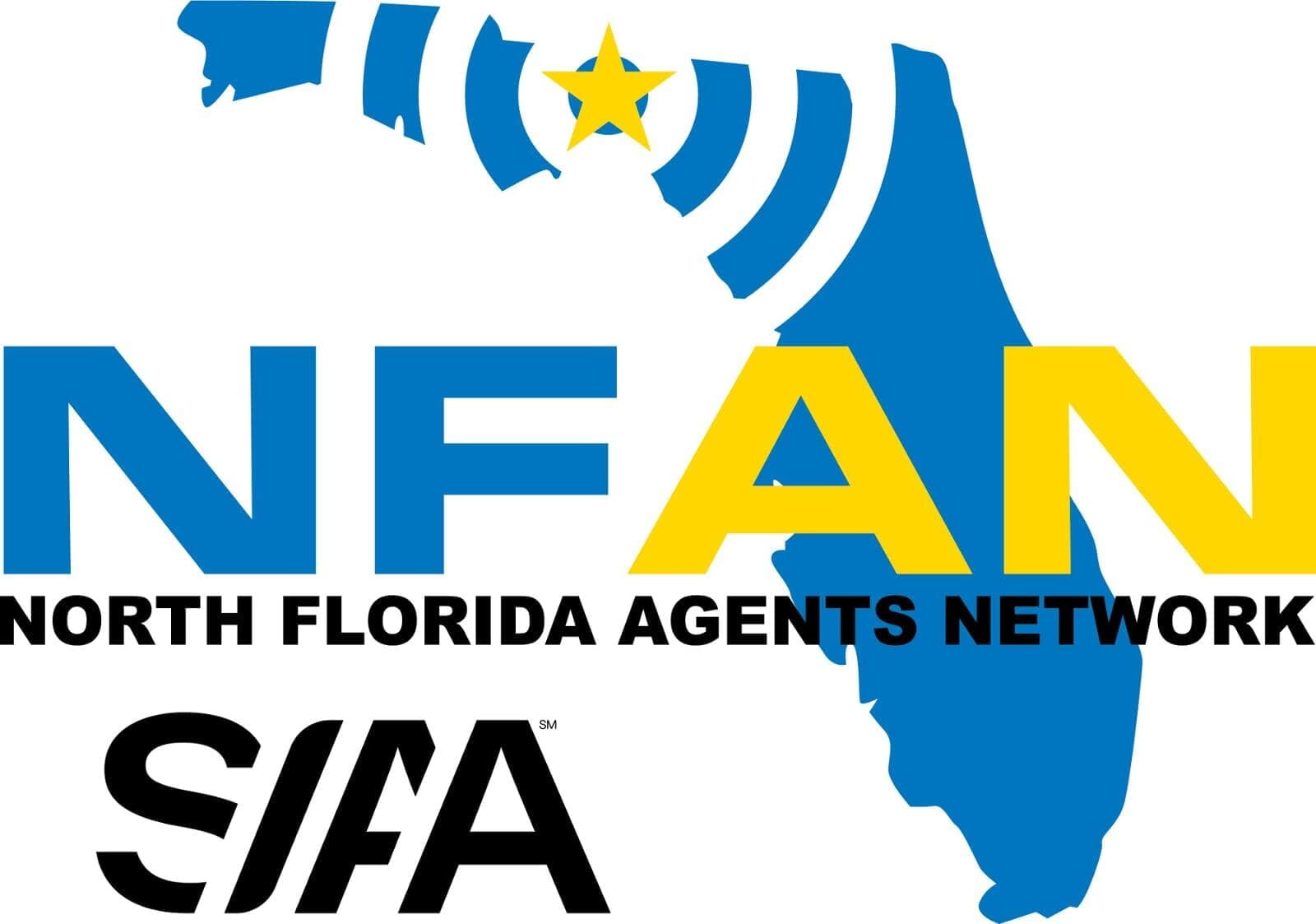Trucking Insurance
Comprehensive Coverage for Florida Trucking Businesses
At Hatteras Insurance, we understand the unique risks and requirements that come with running a trucking operation. Whether you manage a fleet or are an owner-operator, having the right trucking insurance is essential to protect your business, meet state and federal regulations, and ensure you’re prepared for the unexpected on the road.
What is Trucking Insurance?
Trucking insurance provides specialized coverage for commercial vehicles involved in transporting goods. This type of policy is designed to protect both the trucker and the cargo in case of accidents, property damage, or liability claims. Florida, as a key hub for logistics and freight operations, requires truckers to have specific insurance coverage to operate legally and maintain compliance.
Essential Coverages for Trucking Insurance in Florida
Primary Auto Liability Insurance
- This coverage is required by federal law and protects you against claims for bodily injury and property damage to others caused by your truck.
- Minimum Limits:
- $750,000 for most general freight haulers.
- $1,000,000+ for hazardous materials.
Motor Carrier Insurance (MC Number Compliance)
- To receive a Motor Carrier (MC) number from the Federal Motor Carrier Safety Administration (FMCSA), you must show proof of liability insurance meeting the minimum coverage limits. This ensures compliance with federal regulations.
Physical Damage Coverage
- Protects your truck and trailer from damage caused by accidents, fire, theft, or vandalism. It’s essential for safeguarding the significant investment you’ve made in your equipment.
Motor Truck Cargo Insurance
- Covers the value of the cargo you transport in case of damage, theft, or loss. Certain commodities or high-value loads may require specific endorsements.
Non-Trucking Liability (Bobtail Insurance)
- Provides liability coverage when you’re driving your truck without a trailer attached, or when you are not under dispatch.
Uninsured/Underinsured Motorist Coverage
- Protects you if you're involved in an accident with a driver who doesn’t have enough insurance to cover the damages. In Florida, this coverage can be "stacked" to increase your total protection if you have multiple policies.
Trailer Interchange Insurance
- Provides coverage for non-owned trailers that you use under a trailer interchange agreement. This is essential for truckers operating with borrowed or rented trailers.
Workers Compensation for Truck Drivers
- If you have employees, Florida law requires Workers Compensation Insurance to cover medical expenses and lost wages if a driver is injured on the job.
Optional Coverages for Added Protection
- General Liability Insurance: Covers damages related to non-trucking activities, such as accidents that occur on your business premises.
- Pollution/Hazardous Materials Liability: If your business involves transporting hazardous materials, this coverage protects against environmental and cleanup claims.
- Occupational Accident Insurance: Provides benefits for independent contractors who may not qualify for workers compensation.
- Downtime and Rental Reimbursement: Helps cover lost income or rental expenses if your truck is out of service due to repairs.
Florida-Specific Trucking Insurance Regulations
- Proof of Insurance Requirement:Trucking businesses operating within Florida must submit proof of coverage to both state and federal authorities.
- Stacking of Coverage:In Florida, stacking insurance allows truckers to increase their uninsured/underinsured motorist protection by combining coverage limits across multiple vehicles or policies. This feature can be invaluable in serious accidents, ensuring you receive the maximum compensation available.
- Hurricane and Flood Considerations:Florida truckers must be prepared for extreme weather events. We recommend adding comprehensive physical damage coverage to protect against hurricane damage, flooding, or other natural disasters.
How to Obtain a DOT and Motor Carrier (MC) Number in Florida
Get Your Business Road-Ready with Hatteras Insurance
If you’re starting a trucking or freight business, obtaining a U.S. Department of Transportation (USDOT) number and Motor Carrier (MC) number is one of the first and most critical steps. These registrations are required by the Federal Motor Carrier Safety Administration (FMCSA) to ensure compliance with safety and operational regulations for interstate and intrastate commercial carriers. At Hatteras Insurance, we’re here to help you navigate these requirements and make sure you have the right coverage to stay compliant and protected.
What is a DOT Number?
A DOT number is assigned by the FMCSA to identify and monitor companies that operate commercial vehicles for transporting goods or passengers. It’s required for any business engaging in interstate commerce or transporting hazardous materials. Even if you only operate within Florida, a DOT number may still be mandatory for specific types of operations.
What is a Motor Carrier (MC) Number?
An MC number authorizes a company to carry goods or passengers for hire across state lines. In addition to the DOT number, this registration ensures the carrier meets federal safety and financial responsibility requirements.
Who Needs a DOT and MC Number in Florida?
You’ll need a DOT number if:
- You operate commercial vehicles that weigh 10,001 lbs. or more.
- You transport hazardous materials requiring placarding.
- You haul goods or passengers in interstate commerce (across state lines).
You’ll need an MC number if:
- You transport passengers or goods for hire across state lines.
- You operate as a broker or freight forwarder.
- Your business involves the interstate transport of regulated commodities.
Steps to Obtain a DOT and MC Number
Register Your Business with the FMCSA
- Visit the FMCSA’s Unified Registration System (URS) at https://www.fmcsa.dot.gov.
- Submit your business information, including the type of operation (e.g., carrier, broker, or freight forwarder).
Select Your Operating Authority
- Specify the type of authority you need, such as general freight, passenger transport, or hazardous materials.
Obtain Insurance and Surety Bond
- Proof of insurance is required before your MC number is activated. For most carriers, this means:
- $750,000 minimum liability for general freight.
- $1,000,000 or more for hazardous materials.
- You may also need a BMC-84 surety bond or BMC-85 trust fund agreement if operating as a broker.
- Hatteras Insurance offers tailored trucking policies to meet these federal requirements.
- Proof of insurance is required before your MC number is activated. For most carriers, this means:
File a BOC-3 Form
- Designate a process agent for each state where you operate by filing BOC-3 (Designation of Agents for Service of Process) with the FMCSA.
Pay the Application Fees
- The FMCSA charges application fees for both DOT and MC numbers:
- DOT registration: No fee
- MC number registration: Typically $300 per authority
- The FMCSA charges application fees for both DOT and MC numbers:
Complete a New Entrant Safety Audit
- After registration, all new carriers undergo a New Entrant Safety Audit within the first 18 months to ensure compliance with federal regulations.
How Long Does the Process Take?
- Your DOT number becomes active immediately upon registration.
- Your MC number will take 20-25 days to become active after your insurance company files the required proof of coverage with the FMCSA.
Required Insurance Coverages for MC Number Activation
To receive your MC number and stay compliant with FMCSA regulations, you’ll need the following coverage:
Primary Auto Liability Insurance
- Minimum of $750,000 for general freight and $1,000,000+ for hazardous materials.
Cargo Insurance
- Protects the goods you transport from theft, loss, or damage.
General Liability Insurance
- Covers non-vehicular liability risks related to your business operations.
Uninsured/Underinsured Motorist Coverage (Optional in Florida but highly recommended)
- In Florida, stacking uninsured/underinsured motorist coverage can enhance your protection by combining policy limits across multiple vehicles.
Intrastate vs. Interstate Registration in Florida
- Intrastate: If your business only operates within the state of Florida, you may still need a DOT number if your trucks meet certain weight thresholds or transport hazardous materials.
- Interstate: If your trucks cross state lines, both a DOT and MC number are required.
Why Choose Hatteras Insurance for Your Trucking Business?
At Hatteras Insurance, we understand the complexities of operating a trucking business in Florida. We offer:
- Tailored Insurance Policies: Get the exact coverage you need to meet state and federal requirements.
- Quick Filing with FMCSA: We’ll file the required insurance forms, so you can receive your MC number without delays.
- Expert Guidance: Our team stays up-to-date on Florida laws and FMCSA regulations to keep your business compliant.
- Responsive Support: We're here to help every step of the way, from registration to claims management.
Get Started Today!
Need help obtaining your DOT or MC number? Contact Hatteras Insurance today to make sure you’re properly insured and compliant from day one. We’re here to help you get on the road with peace of mind!







